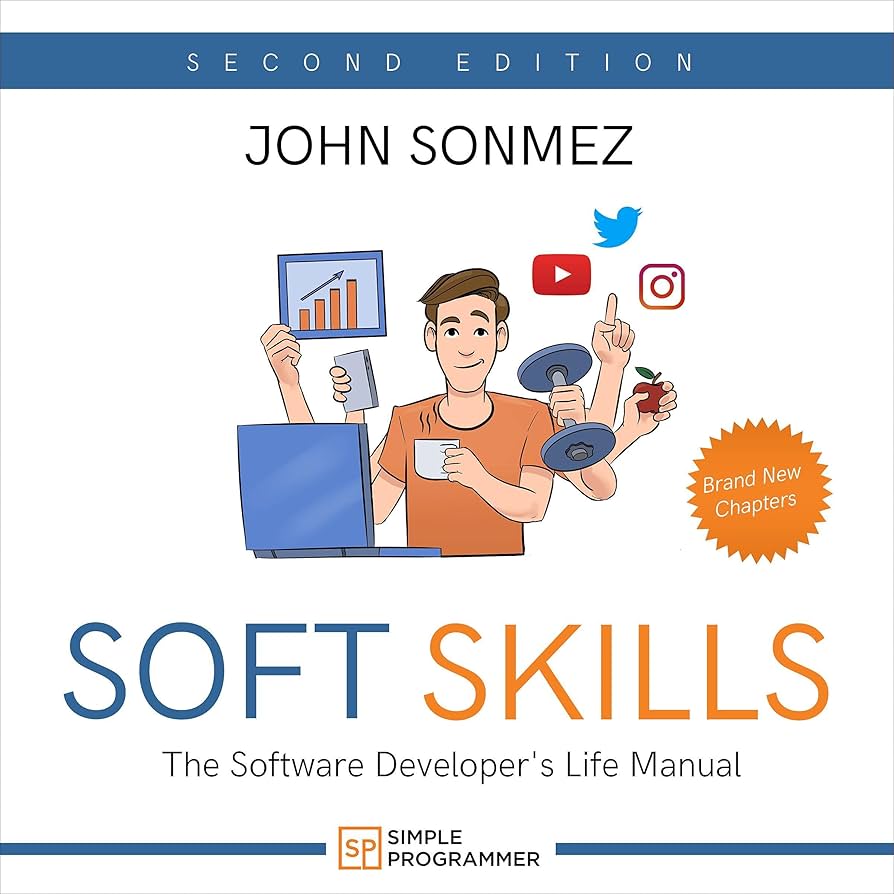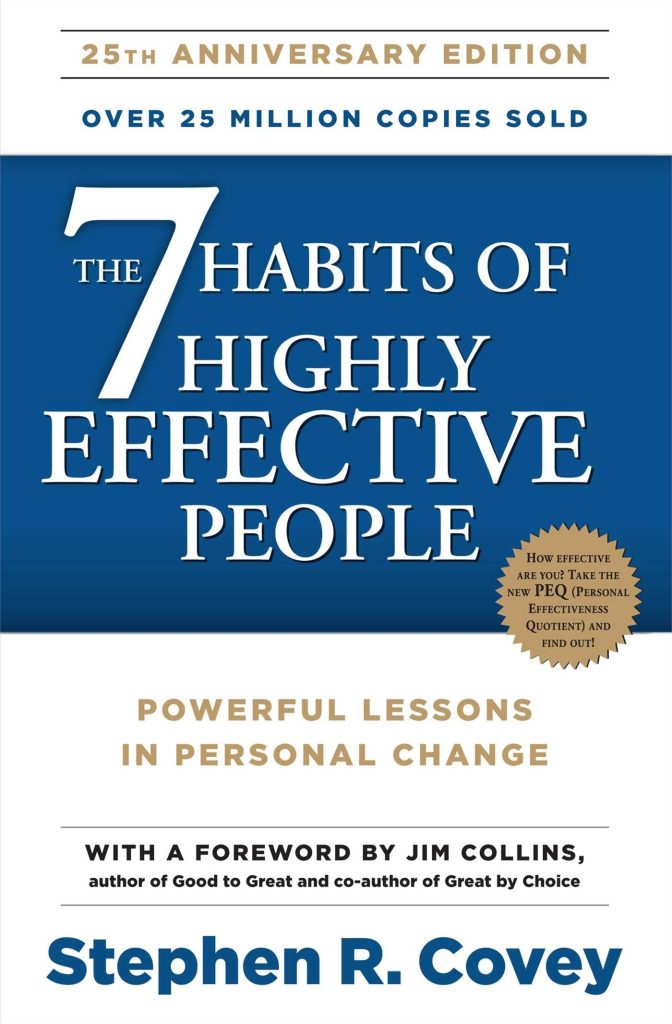If you’ve never considered writing a blog before, you’re not alone. About a year ago, there was no way on earth for me to be writing one, and yet here I am.
My main concern was not finding a topic or the time to write, but rather, why I should spend my valuable time doing it.
In the following sections, I’ll share how I found the answers to these questions, what the answers are, and why I think writing a blog is a good use of your time.
How I Started
Late last year, a friend of mine advised me to start a blog, and although here I am, things were not so straightforward. After listening to him, I immediately discarded the idea as absurd, because there are tons of people more talented and knowledgeable than me! There’s so much knowledge out there that writing a blog seemed like a complete waste of my time.
However, my friend did not give up easily, and he convinced me to read a book titled “Soft Skills: The software developer’s life manual“, by John Z. Sonmez. One of the many interesting topics covered in his book is about writing a blog, and when I read all his arguments, I had no doubts that I should start mine.

Why Write A Blog
Sonmez explains that there’s always someone with more or less experience or who knows more or less than us, no matter where we are in our careers. This means that there is always someone we can help with what we already know.
Although we can positively impact others by writing a blog, there are also some important gains for us in doing it.
Organise thoughts: When I want to write about something, I first need to sort out the ideas in my head so they are coherent. Most times, concepts are interconnected and I need to unravel them until I decide they tell a story.
Improve writing skills: Organising ideas means writing, and rewriting, and rewriting until everything makes sense. This is again a useful skill for any software developer who wants to go up the career ladder, as nowadays written communication is a mandatory skill.
Improve language skills: I also review the spelling, grammar, and correctness of expressions I use. Since English is my second language, I sometimes catch myself misusing expressions, or using the wrong preposition. I feel that my error rate has decreased over time thanks to this.
Deepen past learnings: Although I always claim to share my own opinions rather than telling an absolute truth, I try to get my facts correct and contrast my own thoughts against others. This extra reading on similar and contrasting ideas helps me deepen my knowledge of the topic I am writing about. And even when I don’t, the mere fact of writing about something helps to reinforce a previous learning.
Build a portfolio: Many engineers use their GitHub accounts as their coding skills portfolio. Similarly, we can also use a blog to showcase our skills, be it coding, communication, or something else.
Of course, nothing in this life is really free, and all these benefits have an associated cost.
The Cost Of Writing
On average, I spend about five hours per article. If you have other responsibilities, like me, this is a lot of time. In short, regularly writing a blog is not a minor commitment.
It’s also worth noting that the author advises building a professional network to make the best out of our blog. Although I agree with the advice, I do not follow it, because the cost of growing a network is too high for me.
Note, however, that the cost of writing and growing a network is not the time itself, but the opportunity cost (i.e. what I could do with that time instead). For example, if you have literally nothing else to do, the cost is close to zero, but the cost may be quite high if you need to quit finding the cure to cancer to write your blog.
About a decade ago, I came across two books that have been key in my career development: “Getting Things Done: The Art of Stress-Free Productivity” (a.k.a. GTD), by David Allen, and “The 7 Habits of Highly Effective People“, by Stephen Covey.


I find that following the GTD methodology helps me organise my life, so I use my time effectively, while The Seven Habits book has taught me how to focus on what really matters to me, so I can use my time in these activities.
If starting a blog seems like a good idea for you, and the cost fair, the following section describes what you can do to start writing.
Getting Started
Even though I was convinced that writing a blog was for me, I don’t think I would have started if it wasn’t for Sonmez’s suggestion to brainstorm ideas of things to write. Although this backlog of topics is quite useful when in need of inspiration, it’s main benefit to me was to show myself that there were some things I could actually write about.
One of the key things to consider when writing an article is that it won’t be perfect. If we seek perfection, we’ll never publish any articles. My advice is to write the best we can, and as we learn and grow, our writing skills we’ll do better over time.
To add topic ideas to my backlog, I usually look for inspiration in my day-to-day life. Sometimes it’s just a comment I read that triggers some thoughts, something one of my teams has learnt; or something I am doing that I find interesting. As long as I think it can help others in their career, that’s something worth writing about.
For other tips on how to get started, I strongly encourage you to read the Soft Skills book.
In summary, writing a blog is a great way to improve some of our skills while helping others in the process, but it has a cost. Our time is limited, and we need to decide whether the benefits outweigh the cost. If this is right for you, I wish you success as a writer, and if not, maybe reconsider this in the future.
Cheers!
José Miguel
Share if you find this content useful, and Follow me on LinkedIn to be notified of new articles.

